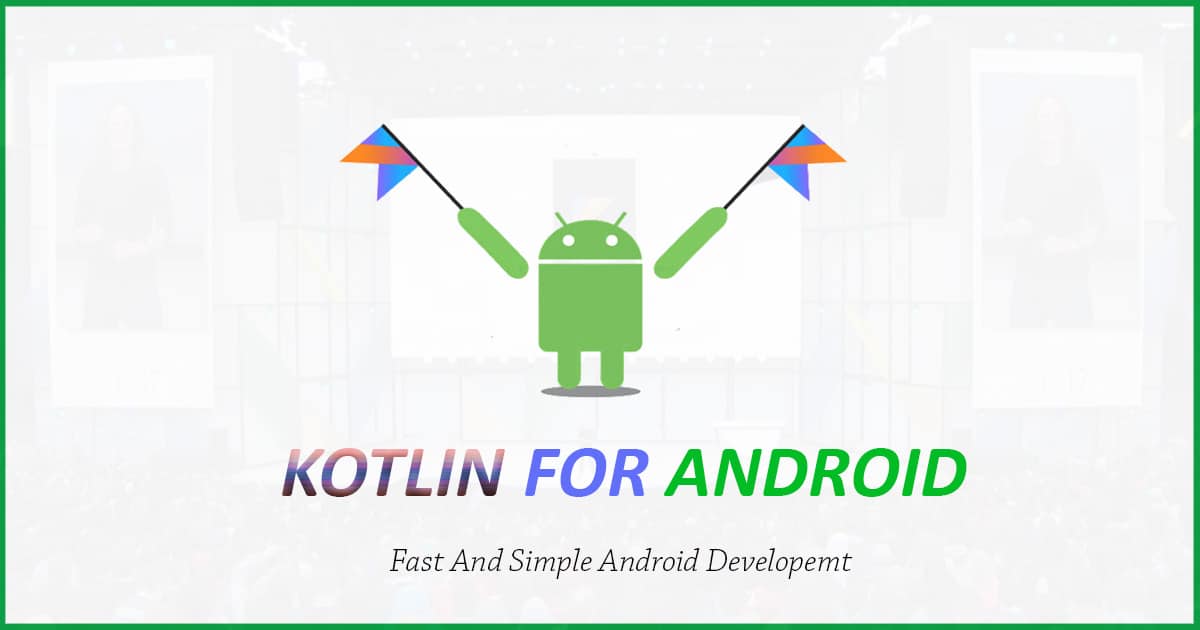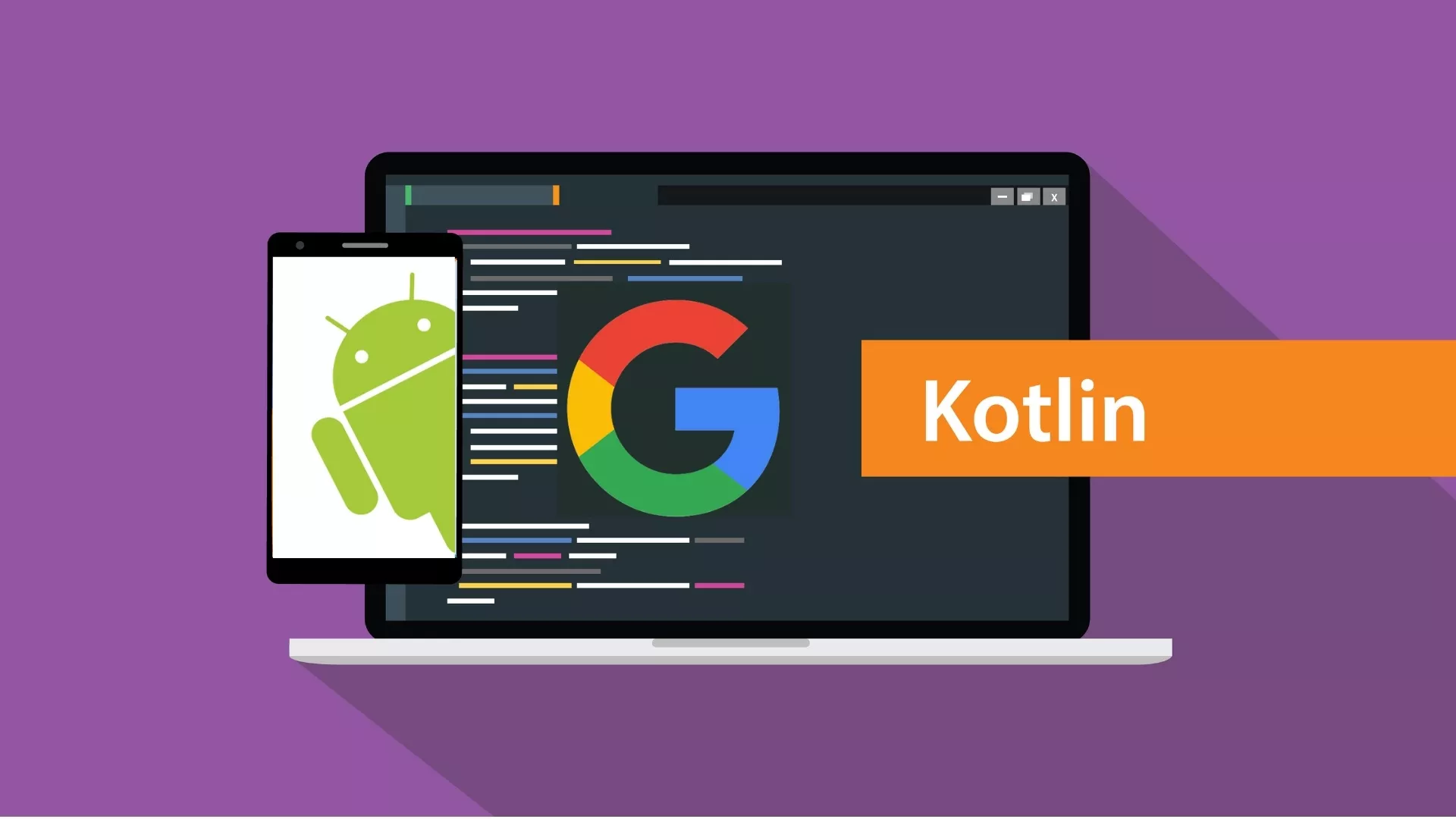

What's left in that learning curve is the IDE: Android Studio. The close similarities between Swift's and Kotlin's syntax greatly reduces a massive part of the learning curve involved with writing that KMP business logic. For iOS, that means business logic in Kotlin and UI logic in Swift. Next time you implement a feature across your app's various platforms, use KMP to write the business logic, deploy it to each platform, and program the UIs natively. It doesn't need to replace existing Swift code. KMP can also be introduced iteratively, so you can implement it with no disruption to your current project. You still need Swift to use KMP on iOS, so KMP is not the end of Swift. In iOS this means importing a .frameworkfile - originally written in KMP - into your Xcode project, just like any other external library. UI logic must still be programmed natively in many cases because it is too platform-specific to share. Then, each platform's natively programmed UI calls into that common logic. KMP works by using Kotlin to program business logic that is common to your app's various platforms. Microsoft Azure supports your workload with abundant choices, whether you're working on a Java app, app server, or framework. KMP is not the final step to accomplishing 100% shared code across all platforms, but it is the natural next step towards that goal. KMP is a feature of Kotlin which shares code between an app's various platforms, so that each platform's natively programmed UI calls into the common code. Kotlin is a statically-typed programming language that bears a striking resemblance to Swift, and is 100% interoperable with Java. Think about your iOS current project: is it available on any other platforms, like Android or the web? If so: how much logic does your iOS app share with its counterparts on those other platforms? If not, but making your app available on another platform is on the roadmap, how much will developing on the next platform force you to repeat yourself? Either way, the answer is probably: a lot.Įnter Kotlin Multiplatform (KMP).

And more shared code across platforms means less repetition, which means better code. Trying to minimize repetition is just good programming. DRY (or Don't Repeat Yourself) is one of the foundational principles of programming, but repeating lots of logic has been often necessary to develop an app running on multiple platforms.


 0 kommentar(er)
0 kommentar(er)
